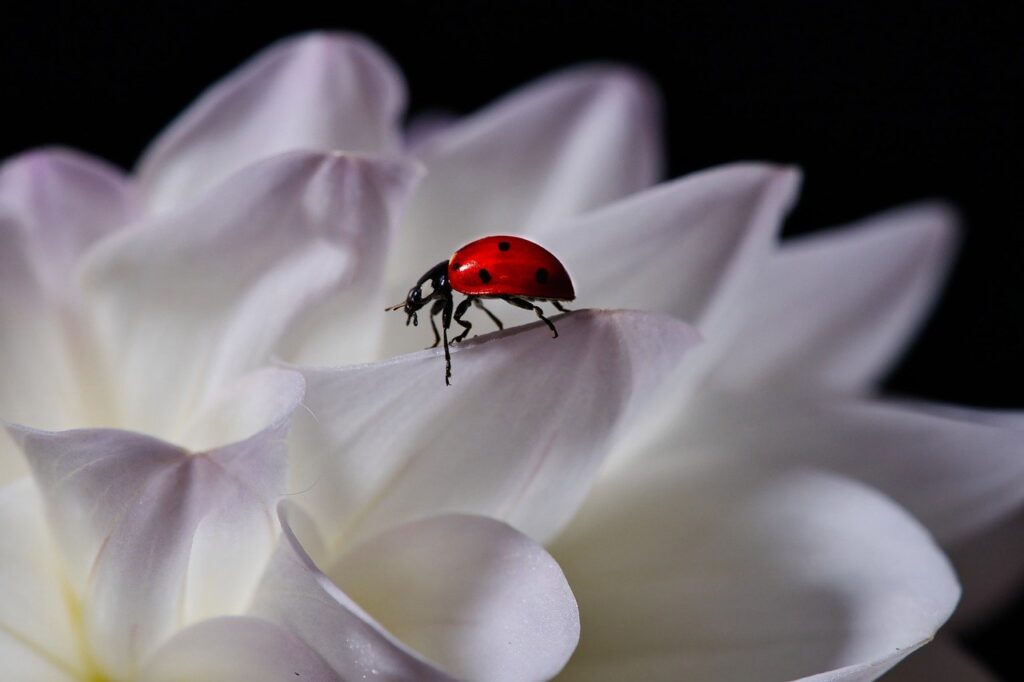Beyond its role in gameplay, the joker card has also found its way into popular culture as a symbol of disobedience and nonconformity. From the court jesters of middle ages times to the iconic joker character portrayed in literature, movie, and tv, the figure of the joker has actually long been associated with subversion and anti-authoritarianism. With its ability to challenge the established order and interrupt the status quo, the joker card serves as an effective symbol of individuality and defiance in a world governed by guidelines and conventions.
In addition to its function in traditional card games, the joker card has also motivated numerous masterpieces, literature, and music. From paintings and sculptures to books and poems, artists and authors have actually long been captivated by the enigmatic figure of the joker and the myriad significances it embodies. Whether portrayed as a trickster, a fool, or a symbol of existential angst, the joker card continues to mesmerize the imagination and inspire creativity throughout cultures and generations.
Over the last few years, the joker card has experienced a renewal in appeal thanks to its association with the iconic DC Comics character, the Joker. Portrayed in different media by actors such as Jack Nicholson, Heath Ledger, and Joaquin Phoenix, the Joker has actually turned into one of the most identifiable and long-lasting bad guys in popular culture. With his disorderly personality, twisted sense of humor, and fondness for anarchy, the Joker embodies many of the exact same qualities attributed to the joker card itself, making him a fitting modern-day incarnation of this ageless archetype.
In most traditional card games, the joker card functions as a wild card, capable of presuming the value of any other card in the deck. This versatility adds an exciting element of unpredictability to gameplay, as players must adapt their strategies on the fly to account for the joker’s presence. Whether used to finish a winning hand or to thwart a challenger’s plans, the joker card can turn the tide of a game in an instant, making it both an important asset and a potential liability.
In conclusion, the joker card holds an unique and complex place on the planet of playing cards and beyond. From its origins as a wild card in traditional card games to its portrayal as a symbol of rebellion and chaos in popular culture, the joker card has recorded the imagination of individuals around the world for centuries. Whether used to include excitement to a game of poker or to challenge societal norms and conventions, the joker card stays a potent symbol of unpredictability, individuality, and the eternal mission for liberty.
The joker card’s association with unpredictability and chaos is maybe best exemplified in the game of poker, where it is often used as a wild card in variations such as wild card poker and Texas Hold ’em. In these games, the joker card can be used to create unanticipated mixes and bluff opponents into making costly mistakes. Its presence adds an extra layer of excitement and stress to the game, as players must constantly reassess their hands and change their techniques to account for the joker’s influence.
The joker card, a seemingly innocuous addition to a basic deck of playing cards, holds a mystique and allure that transcends its modest origins. Often depicted as a whimsical figure with a naughty smile, the joker card has become associated with unpredictability, chaos, and the element of surprise. While jokercard.ca balance are shrouded in mystery, the joker card has evolved over centuries to become a symbol of both luck and uncertainty worldwide of card games.
